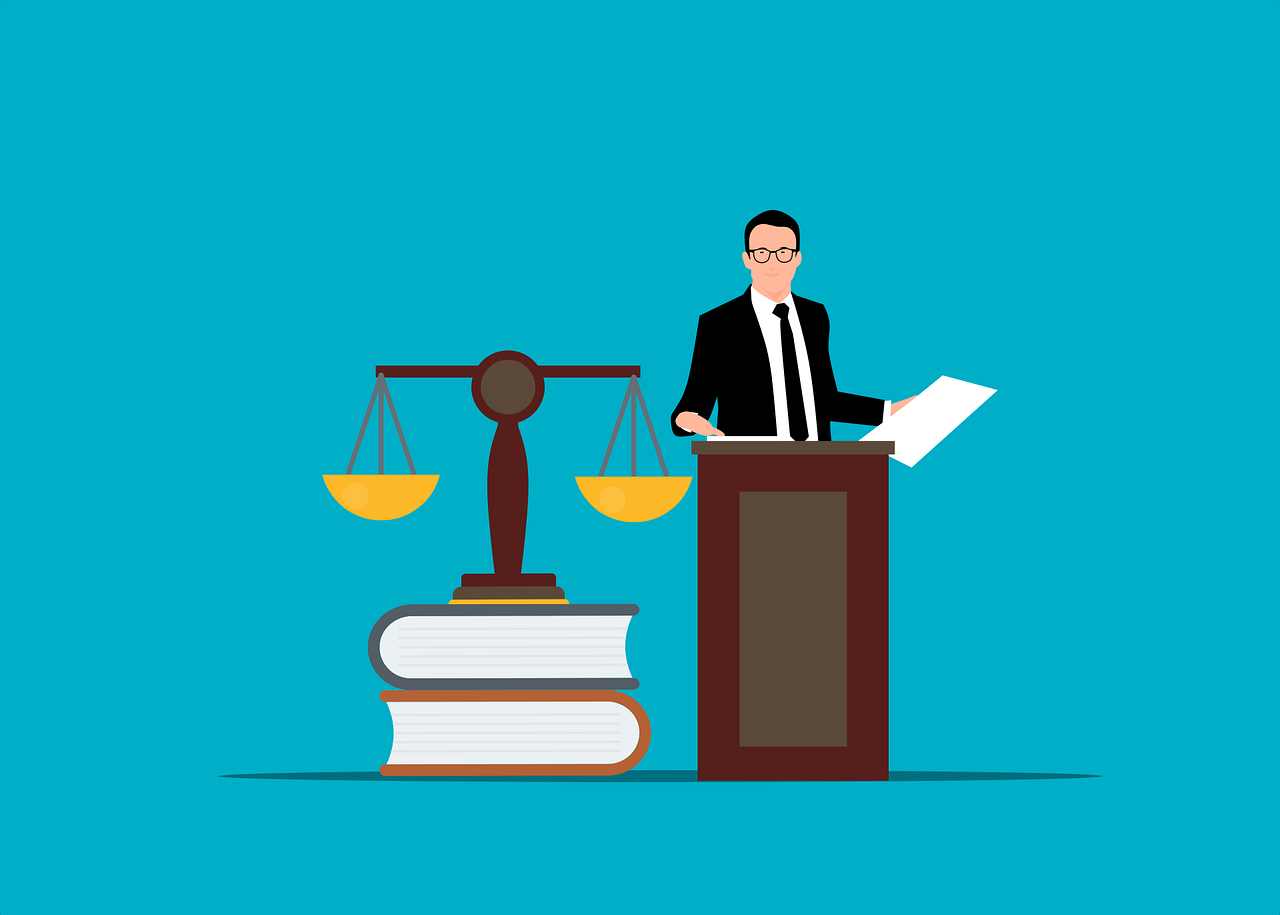Navigating the legal landscape can be daunting, especially when you’re dealing with a personal injury case. The right attorney can make a significant difference in your case, from negotiating a higher settlement to managing the stress of dealing with insurance companies. But, how do you go about finding the best personal injury attorney for your case? Here are some practical steps to guide you.
1. Start by Gathering Referrals
One of the most reliable ways to kick off your search is by asking people you trust for referrals. This could be friends, family, coworkers, or even your local pastor who have had positive experiences with their attorneys. However, remember that each case is unique, so it’s crucial to meet with the lawyer and discuss your case before making a decision.
2. Conduct an Online Research
In today’s digital age, you can find a wealth of information about potential attorneys on the internet. Start by checking the local bar association for registered attorneys in good standing. Look out for online reviews, which are the modern word of mouth. They can provide insights into the lawyer’s professionalism, work ethic, and client satisfaction.
3. Schedule an Initial Consultation
Once you’ve narrowed down your list, schedule initial consultations with your top choices. Most personal injury attorneys offer free consultations where you can discuss your case. This is an excellent opportunity to ask essential questions about the lawyer’s background, experience, and approach to handling cases similar to yours.
4. Assess their Experience and Track Record
Experience matters a lot in personal injury cases. An experienced Alexandria car accident attorney will likely have a deep understanding of personal injury law and the skills to navigate the legal process effectively. Ask about the lawyer’s years of practice, their success rate, and whether they’ve handled cases similar to yours.
5. Understand their Fee Structure
Legal fees can be quite significant, so it’s crucial to understand the potential costs upfront. Most personal injury lawyers operate on a contingency fee basis, which means they get paid a percentage of the settlement if they win the case. Ensure you get a clear explanation of the fee agreement in writing before signing.
6. Evaluate their Communication Style
Communication is key in any attorney-client relationship. Pay attention to how the lawyer communicates during your initial consultation. Do they listen to your concerns? Are they clear in their explanations? Do they update you regularly? A lawyer who communicates effectively can ease your stress and make the legal process more manageable.
7. Ask Who Will Handle Your Case
In most law firms, multiple lawyers may work on a single case. It’s important to know who will be handling your case directly. If your case will be handled by a less experienced associate or paralegal, you need to be comfortable with that.
8. Trust Your Gut Feeling
Sometimes, your intuition can be your best guide. If you feel comfortable with the lawyer and have a good rapport, that’s a good sign. However, if something doesn’t feel right, don’t hesitate to move on to the next option.
9. Check for Disciplinary Actions
Lawyers are held to high ethical standards. Check if the lawyer has had any disciplinary actions or complaints lodged against them. This information can be found online and can give you a sense of the lawyer’s professional conduct.
10. Know the Lawyer’s Approach to Settlement
After discussing the facts of your case, the lawyer should be able to provide an estimate of your case’s value and the difficulty of reaching a settlement. This is also the time to discuss different approaches to settling the case, from aiming for a quick settlement to fighting for the highest amount possible.
11. Expect a Mutual Selection Process
Remember, hiring a lawyer is not just about you choosing them. The lawyer also has to choose you. They may decline your case for various reasons, such as the potential compensation being too small or the odds of winning being too low. If a lawyer rejects your case, inquire about the reasons and don’t be disheartened.
12. Consider Getting a Second Opinion
If you’re uncertain or if your case gets rejected, consider getting a second or even third opinion. Different lawyers may view your case differently, and what seems unwinnable to one lawyer might be a clear victory to another.
Conclusion
Finding and choosing the best personal injury attorney for your case might seem overwhelming at first, but by taking these steps, you can make the process more manageable. Remember, the ideal lawyer for you is one who has the experience and skills to handle your case, a communication style you’re comfortable with, and a fee structure you can afford.
Keep in mind that this guide is not exhaustive and the process might differ depending on the specifics of your case. It’s always a good idea to conduct your own research and due diligence when hiring a lawyer for your personal injury case.

